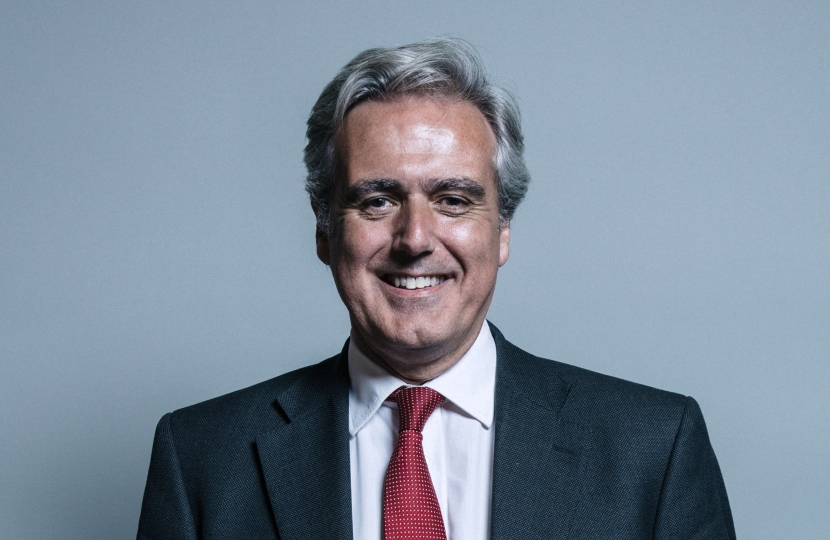
For the fifth time that I have been an MP, we are looking at armed conflict. The thorny issue of Syria is at the front of everyone’s minds again and no one will have escaped the fact that Britain was part of a coalition with France and the US to strike at the heart of Assad’s chemical weapons capability.
The civil war in Syria is both tragic and interesting. It is interesting because it shows us what a lack of intervention looks like. There has been a huge amount of ill feeling after we were all duped by Tony Blair’s “Dodgy Dossier” on the case for invasion of Iraq in 2003. The outcome of that war and the failure to prepare for peace in Iraq has long been the source of intense investigation and outrage, with an estimated 100,000 or more civilians killed during the fighting. But in Syria we see what happens when the west does not intervene. In the seven years that the civil war has been raging, around half a million civilians have been killed and 11 million displace as refugees. Britain is standing up to our commitment to help by being the second biggest bilateral donor of funds to help refugees, contributing over £2 billion (we are the biggest in terms of our contribution compared to the size of our economy). We even host several Syrian families here in Wyre Forest.
Our intervention last week, in the French, US and UK coalition was in response to the continued use of banned chemical weapons. With Russia vetoing intervention at the United Nations, there is little choice as to how we can enforce the chemical weapons ban.
But one of the worries is that Parliament was not given the chance to debate this before the event. The convention that parliament votes on military action is a very new one, started by Tony Blair in 2003. I have voted four times since 2010 on military intervention, but each of these previous votes have been about prolonged military intervention – not one off strikes. Either way, the question of whether parliament can control the government when it comes to national security is a complex constitutional conundrum. But when a prime minister is faced with a difficult, highly complex set of circumstances, demanding strong leadership, I would hope that he or she takes a decision, and then answers to Parliament, and doesn’t hide behind some incorrect notion of a collective decision.
